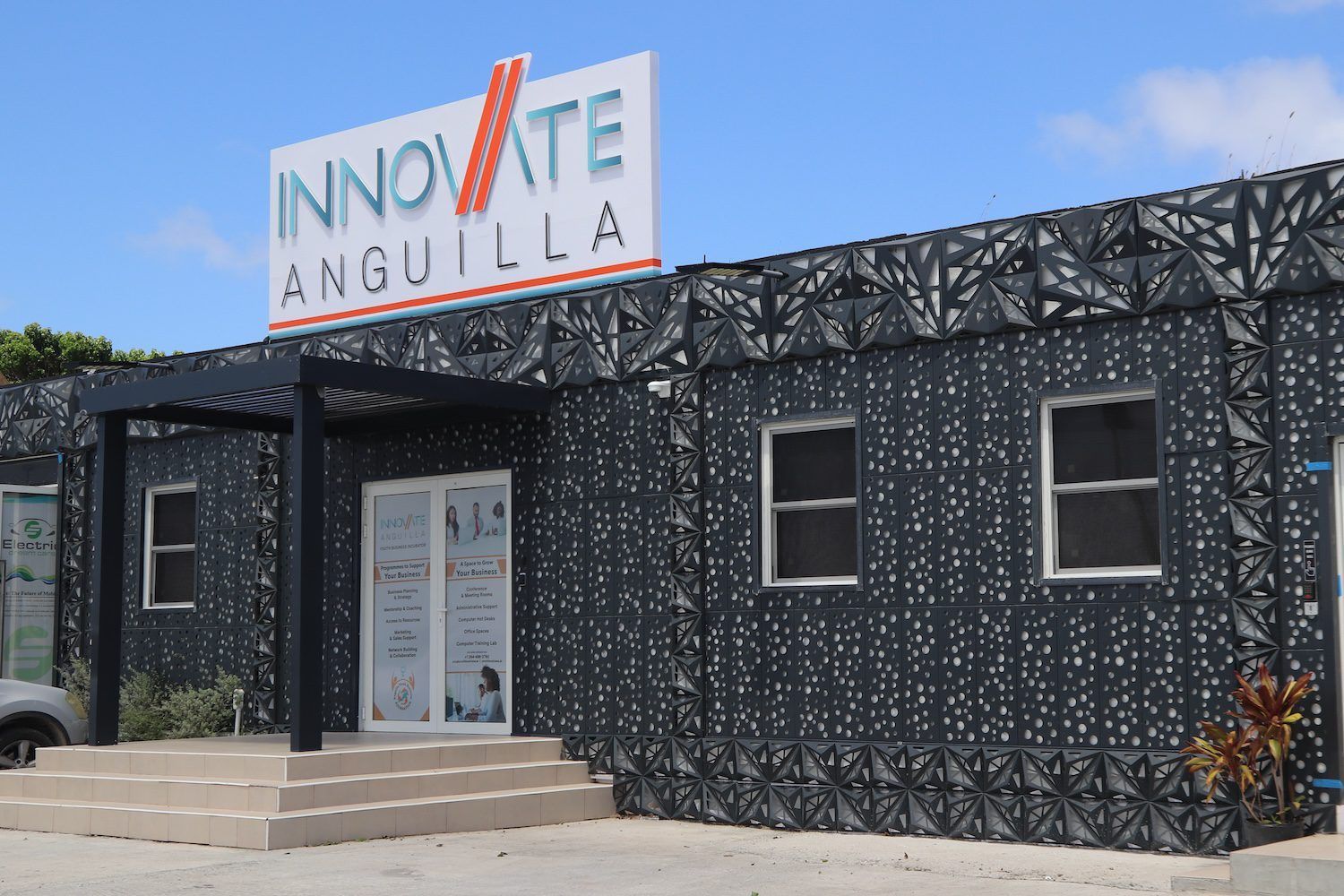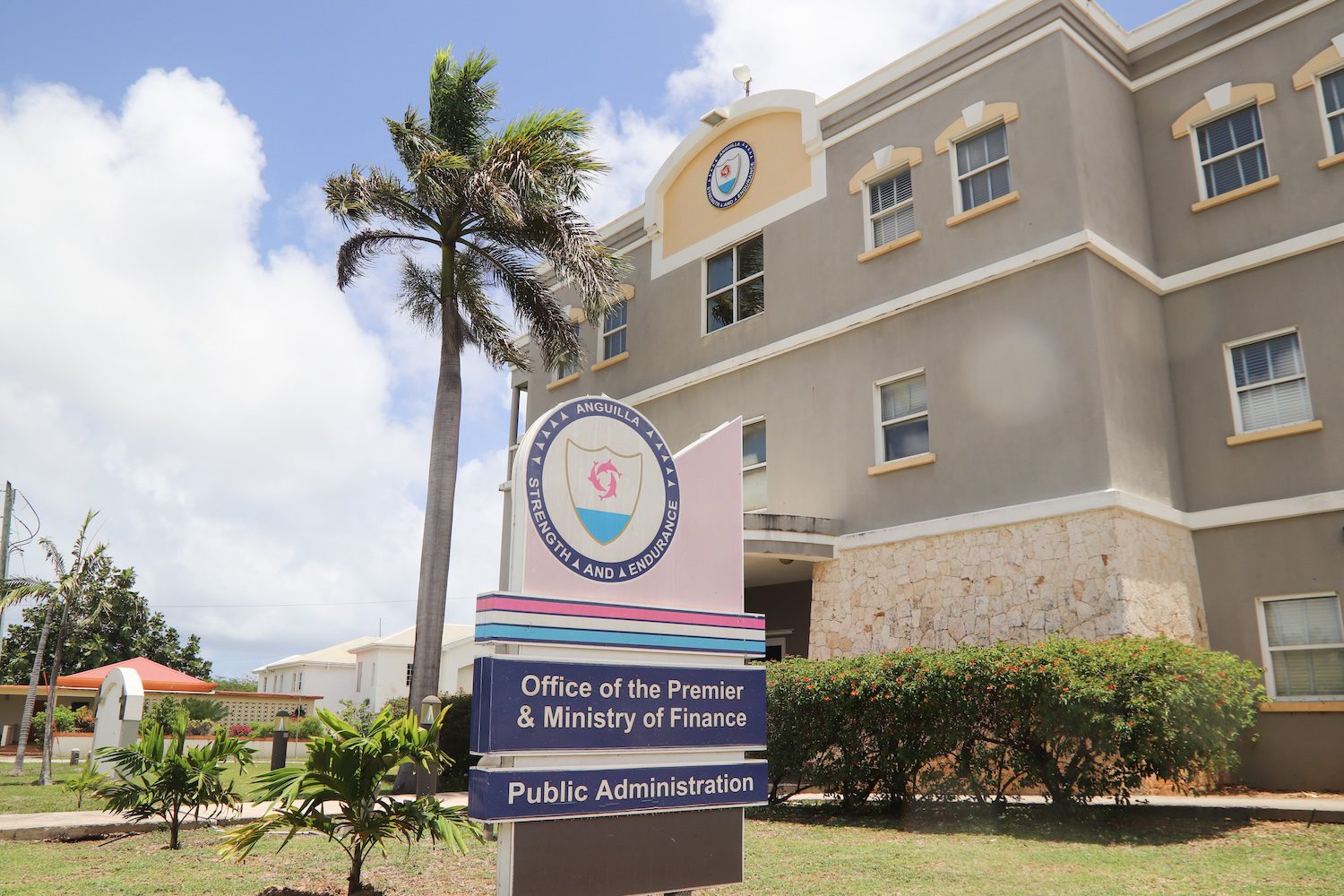A report looking into how Anguilla combats money laundering and terrorist financing has found “significant improvements” over the past 14 years.
However, it still falls short in certain areas, such as criminal investigation, confiscation of proceeds of crime, onsite and offsite examinations, and electronic company registration.
A team from the Caribbean Financial Action Task Force (CFATF) – a regional financial crime prevention body – visited the island for two weeks last summer.
During the trip they looked at the risk of financial crime and how well the island has complied with advice on financial security from the Financial Action Task Force (FATF).
The 295-page report, which the organisation published in July, details Anguilla’s successes and also provides recommendations on how it can strengthen crime prevention methods.
The last time CFTAF carried out an evaluation on the island was in July 2009 and the findings were published in July 2010.
The latest report makes nine key findings:
Risks understood
The report’s first key finding is that Anguilla reasonably understands its money laundering and terrorist financing risks.
These risks were identified and assessed in the island’s National Risk Assessment (NRA) and Residency by Investment programme risk assessment exercises.
The NRA looked at the relevant risks of products, services and sectors, including legal people and arrangements, non-profit organisations and virtual asset service providers.
The overall money laundering threat level for the jurisdiction was rated medium.
The Anguilla National Anti-money laundering/Countering of Financing of Terrorism Committee spearheaded the work, the report says.
It adds that this framework for national coordination works well and has resulted in improved local cooperation with joint investigations and information sharing.
Intelligence use
The report says that Anguilla Financial Intelligence Unit routinely accesses financial intelligence and other relevant information.
It uses this to develop evidence and to trace criminal proceeds related to money laundering and associated offences.
The Royal Anguilla Police Force and Customs Department, however, seldom use the financial intelligence that the unit produces in the investigation of predicate offences.
The unit’s analysis and dissemination support the operational needs of its investigation division and other law enforcement agencies, the report says.
Suspicious activity reports received from reporting entities are of a “good quality” and generally contain relevant and accurate information, it adds.
Insufficient investigation
The Anguilla Financial Intelligence Unit is the designated law enforcement agency with responsibility for conducting money laundering investigations.
The report found that few parallel financial investigations were conducted, consequently, potential money laundering cases were insufficiently identified and investigated.
The police force and Customs Department are inadequately trained to identify money laundering cases and most investigations and prosecutions are of medium risk offences.
The report says investigations are “moderately” in line with Anguilla’s risk profile and national financial crime policies.
However, it adds, it is not possible to reach to a definitive conclusion on whether the level of money laundering investigations and prosecutions is consistent with the level of offences.
Confiscation regime
Anguilla has a comprehensive legislative framework that allows for both conviction-based and non-conviction-based confiscation, the report says.
However, the island’s confiscation regime has only been successful in confiscating proceeds from domestic predicate offences.
It has not yet managed to confiscate tools or property of an equivalent value, the CFTAF says.
“These results are relatively modest and do not align with the country’s money laundering risk profile,” it adds.
Terrorist financing
Anguilla in its NRA assessed its risk of terrorist as medium, given the low threat level but elevated vulnerabilities.
The absence of investigations or prosecutions of terrorist cases is consistent with this risk profile, the report says.
Additionally, competent authorities demonstrated adequate capacity and resources to identify and investigate terrorist financing, it adds.
Recently, Anguilla passed legislation aimed at enhancing its implementation of the Targeted Financial Sanctions framework pursuant to United Nations Security Council Resolutions.
However, the report says there are “major gaps and deficiencies” in Anguilla’s targeted financial sanctions regime for terrorist financing and gaps for proliferation financing.
Anguilla has identified specific non-profit organisations that are vulnerable to terrorist financing abuse, it adds, but has applied actions to all non-profit organisations.
Prevention knowledge
Financial institutions and virtual asset service providers in Anguilla have a good understanding of financial crime risks and preventive measures, the report says.
Designated non-financial businesses and professions’ level of understanding varies, with trust company service providers being the best, it says.
The report explains that supervisory oversight from the Anguilla Financial Services Commission is partially responsible for this heightened awareness.
However, the suspension of financial crime obligations for lawyers, due to a legal stay, creates an important gap in Anguilla’s framework, the CFTAF says.
This weakness is mitigated by the fact that company formation services require a trust company service provider licence under commission supervision.
Meanwhile, real estate transactions are subject to additional customer due diligence measures through financial institutions.
Commission in infancy
The Anguilla Financial Services Commission is the designated anti-money laundering and counter-terrorist financing supervisory authority.
Under the licensing and registration regime, it ensures that criminals and their associates are not allowed to hold significant or controlling interest or management positions.
The commission follows a risk-based approach, which includes onsite and offsite inspections, compliance visits, and offsite surveillance reporting, the report says.
This is all based on institutional and sectoral vulnerability assessments.
However, the commission’s supervisory approach for designated non-financial businesses and professions is still in its early stages.
A limited number of onsite and offsite examinations have been conducted so far due to resource constraints, the CFTAF says.
Also, the commission has conducted a limited number of inspections of high-risk financial institutions, inconsistent with its corresponding inspection cycle frequency, it adds.
‘Insufficiently resourced’
The Commercial Registration Electronic System was recently launched and is working to expand and simplify access to beneficial ownership information for competent authorities.
According to the CFTAF report, there are “significant and varied gaps” in the registration requirements of legal arrangements.
The Commercial Registry manages the platform but was only fulfilling administrative functions at the time of the onsite visit.
The registry is “insufficiently resourced” to effectively execute its new functions to ensure the information on the platform is accurate and up to date, the report says.
Assistance and extradition
In its final finding, the CFTAF report says, Anguilla has measures in place to facilitate formal mutual legal assistance and extradition.
The mutual legal assistance regime is divided into three primary regimes, which were all active during the assessment period.
These are the Tax Information Exchange Agreements, the Mutual Legal Assistance USA Act, and the Criminal Justice (International Cooperation) (Anguilla) Act.
There was no transnational asset recovery activity during the assessment period, the report says.
And Anguilla neither received nor made an extradition request during the assessment period, which is generally consistent with its risk profile and context, it adds.
The island provided a range of mutual legal assistance during the assessment period.
But it did not demonstrate that it executes incoming requests in a consistently timely manner, the report says.
Nor did competent authorities seek feedback from requesting partners to determine the usefulness of cooperation provided.
Outgoing mutual legal assistance largely concerned minimally complex and predicate offences.
Again, Anguilla did not demonstrate that cooperation was sought in a consistently timely manner, the report added.





